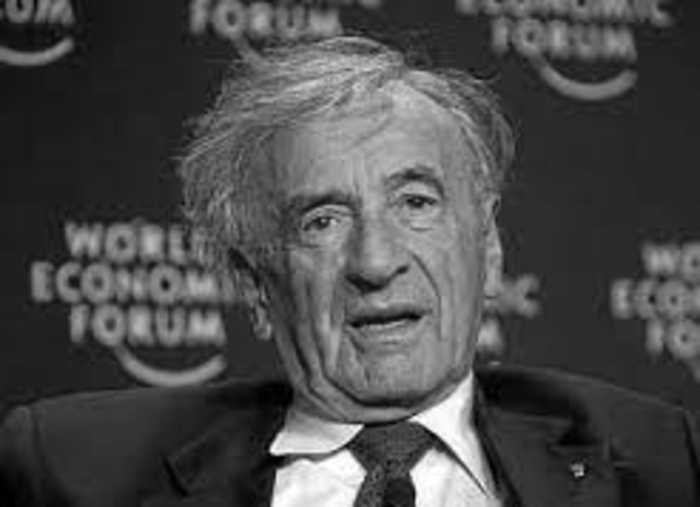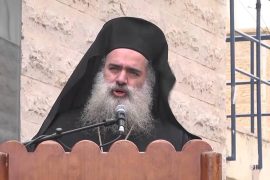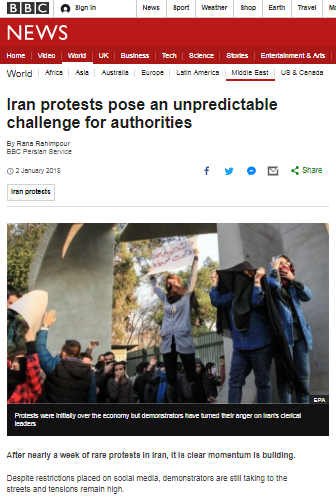“Joseph Berger’s judicious and well-crafted portrait of this remarkable man stops short of hagiography, its reverentially respectful tone leaves its impact a bit flat”, writes How Elie Wiesel taught the world to face the horror of the Holocaust”, June 4).
A few paragraphs in, he writes this:
[Wiesel] was righteously furious with God, who had mysteriously abandoned the Chosen Race in its darkest hours…
Moving on now to where Christiansen calls out the late Holocaust survivor for his ‘moral blind spot’:
Wiesel was to all intents and purposes a Zionist, and such was his fealty to Israel that he could never bring himself to issue more than polite suggestions that its government should be a beacon of probity and currently wasn’t. He rejoiced in the outcome of the Six Day War and remained silent on the illegal settlements: his compassion would extend to Armenians, the Vietnamese boat people and black South Africans, but he had nothing to say in defence of brutally disenfranchised Palestinians.
This is just a suggestion, but perhaps the next time Telegraph editors commission a review on a book about a Holocaust survivor, they might want to insist that the contributor has at least a passing understanding of Zionism means – not just what its moral significance to survivors of the Nazi death camps, but what the word actually means.
For, if for “all intents and purposes” a “Zionist” – as if his belief in the country’s right to live was somehow less than clear.
As Christiansen acknowledges, Wiesel spent his life not only writing and talking about the Holocaust, but speaking out against other acts of mass slaughter, as well. However, the suggestion that – for the sake of moral consistency – he was thus obligated to advocate on behalf of the Palestinians rests on the perverse suggestion that they were, too, victims of something akin to genocide.
Wiesel “rejoiced in the outcome of the Six Day War” because Jews – for the second time in nineteen years, and just twenty-two years after the Holocaust – successfully defended themselves against enemies who again sought their annihilation.
We need not get into the weeds of post-67 relations between Israel and the Palestinians, which includes peace offers rebuffed by PA leaders, Israeli territorial withdrawal and continuous terrorism, to describe as delusional any suggestion that the occupation is in the same moral universe as the evil he experienced in the industrial mass murder factory known as Auschwitz.
As Anshel Pfeffer wrote shortly after Wiesel’s death in response to those rushing to vilify him for his putative sins, “his goals were to make sure the Jews who had died were not forgotten and that those who lived could survive and prosper”, while still finding time “to speak out on behalf of Cambodians, Bosnians, Rwandans and other genocide victims”.
Elie Wiesel had nothing to apologise for.





The term used in that article, “disenfranchised Palestinians”, is a miss-statement of their situation.
They are not disenfranchised as the people living on the West Bank and Gaza have never, in all history since Roman times until Israel gave them the chance to form a state of their own, had a franchise for self government.
Thanks to Adam Levick for his helpful important comments.
On the side, it should be noted that Berger’s biography is neither judicious or well-crafted, marred as it is by errors and oversights.